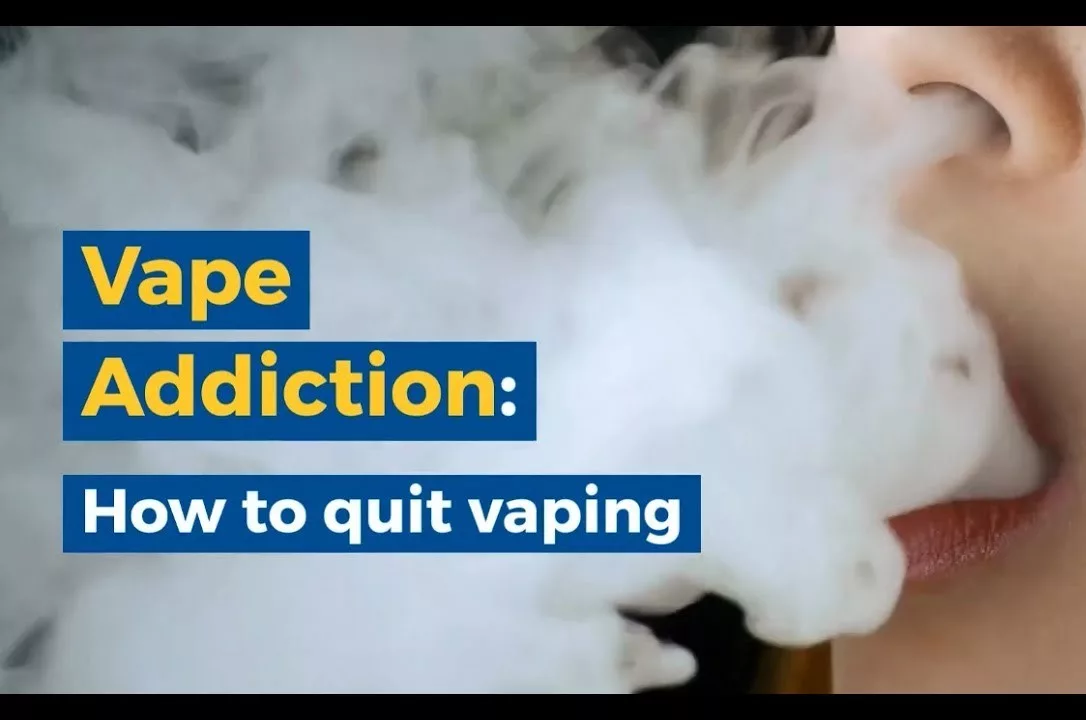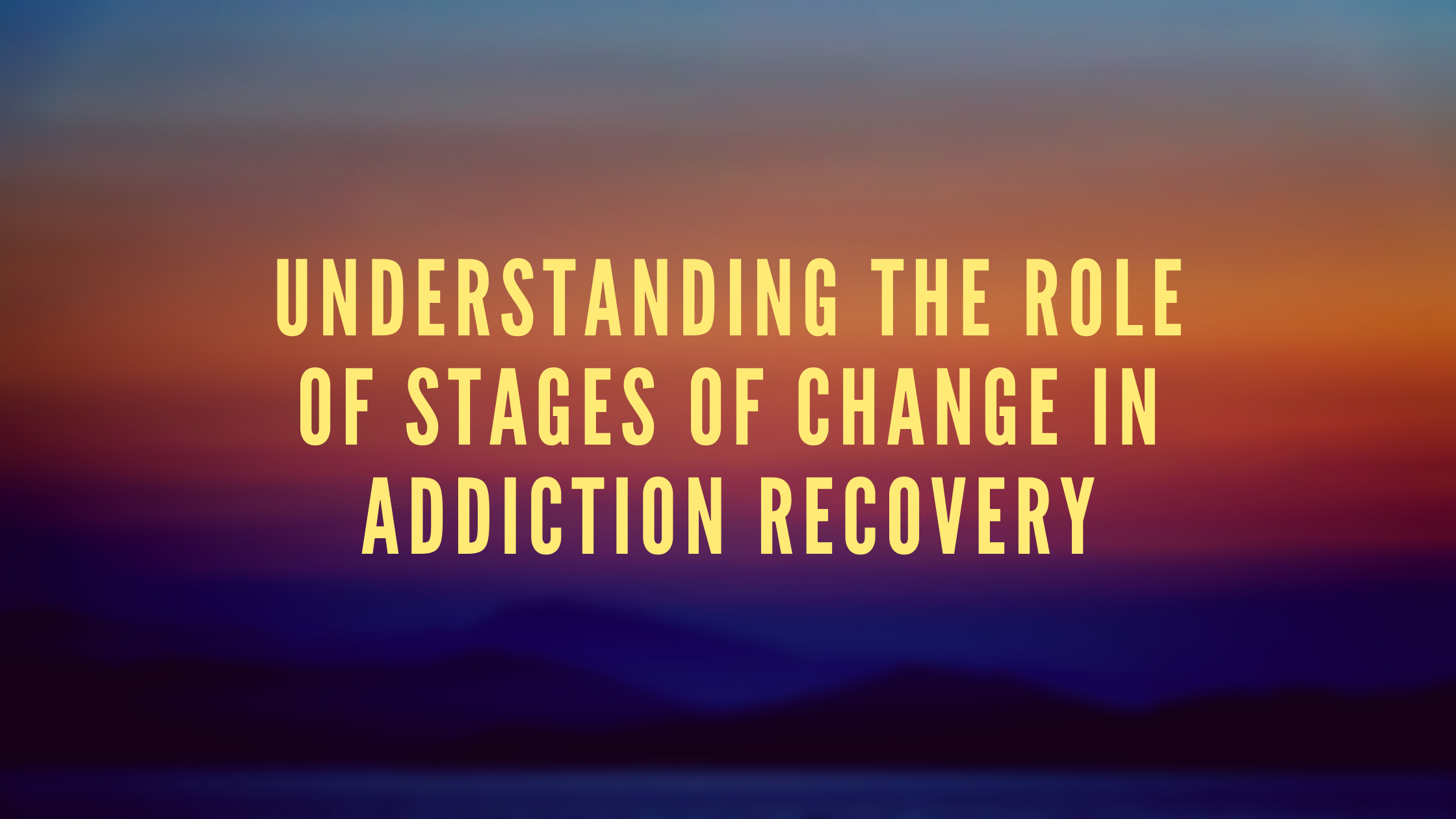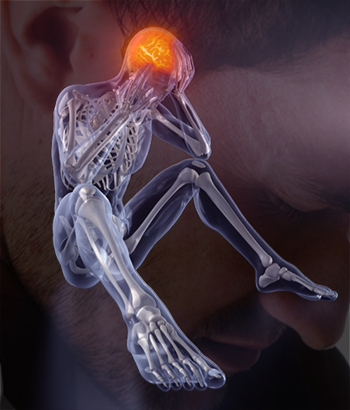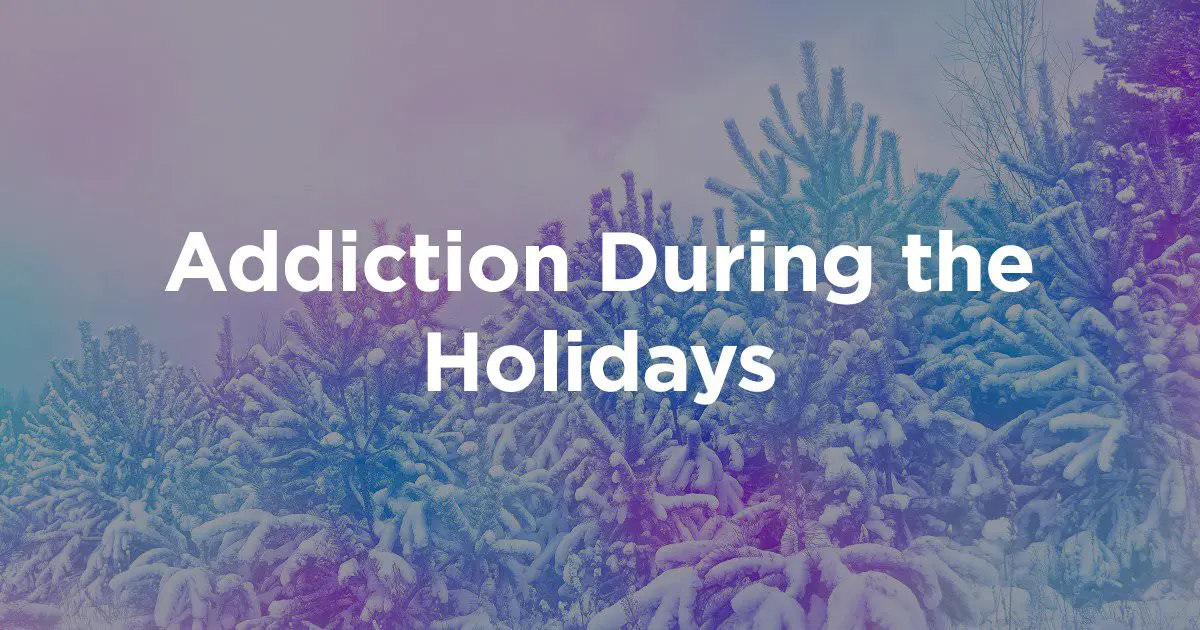Grieving leads to Addiction
Grieving, a profound journey laden with complex emotions, poses the risk of individuals turning to addiction as a coping mechanism in the face of loss. This exploration delves into strategies for prevention and support, encompassing individual self-management, the pivotal role of family support, and the expansive network of community resources. By addressing the interconnected aspects … Read more









